If you own an electric vehicle, you’ve probably wondered if does fast charge reduce battery life. The convenience of quick charging can’t be overstated, but does fast charging reduce battery life? In this blog post, we’ll explore the effects of fast charging on electric vehicle batteries and provide you with expert tips for maximizing your battery’s longevity. Read on to learn more about the potential risks of fast charging and how to protect your EV battery.
Fast Charging and EV Batteries: How it Works
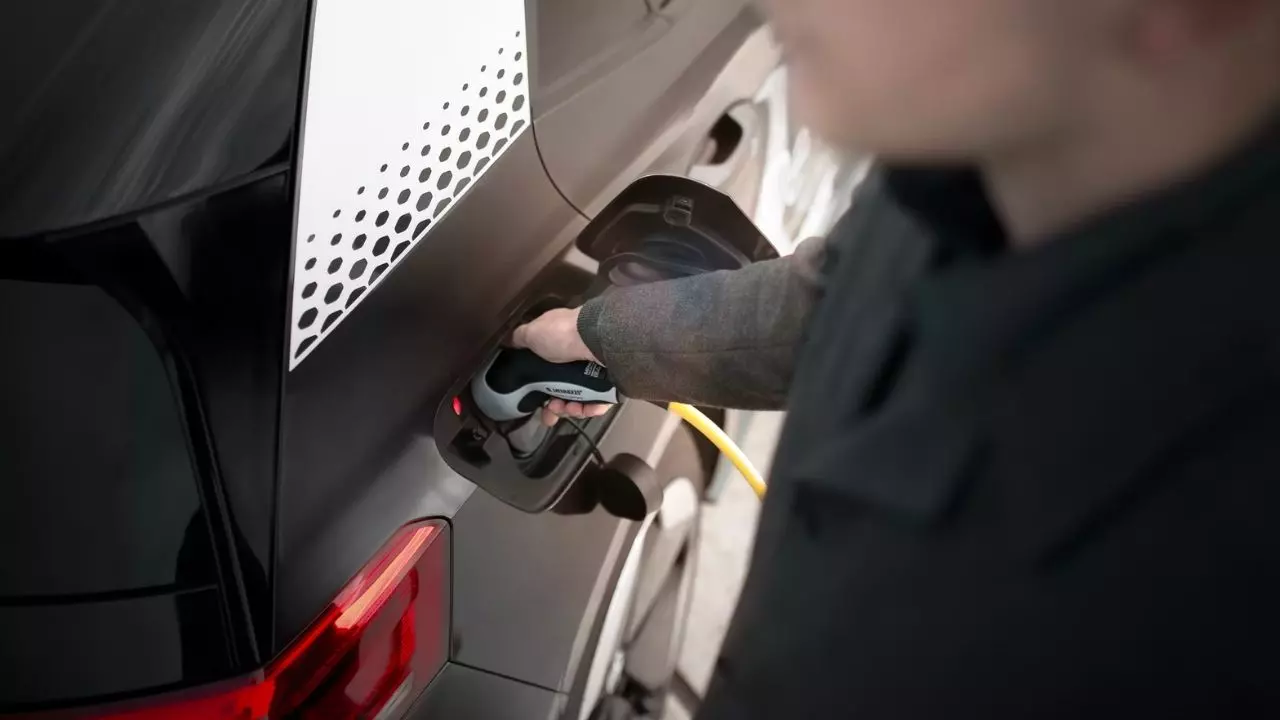
Electric vehicles (EVs) are powered by batteries that require Direct Current (DC) to charge and discharge, while the electric grid delivers Alternating Current (AC). This means that the AC must be converted to DC before it can be used to charge the battery, which requires a converter, either onboard the vehicle or in the charger itself. The onboard charger is often small, limiting charging speed and subsequently charging time. To increase charging speed, fast chargers are used.
Fast chargers bypass the onboard charger and send power to the battery directly, which can reach charging speeds up to 15 times faster than other chargers. This means that some EVs can add as much as 75% or more of battery capacity in as little as 30 minutes. However, fast chargers are large and expensive, and are mostly reserved for public charging stations due to their cost, which can exceed $50,000.
There are different levels of charging, starting from Level 1, which utilizes standard household outlets and is only capable of providing around five miles of range per hour. Level 2 chargers handle voltages in excess of 200 volts and can charge many EVs at a much higher mileage rate than Level 1, generally regaining 20 to 60 miles of range per hour. Level 3 charging, also known as DC fast charging or fast charging, uses much higher voltages and is capable of charging EVs to 80% or more in a half hour or so.
It is important to note that fast charging can have an impact on EV battery life. While fast charging is safe and convenient, it can increase battery degradation and reduce battery life over time. The impact of fast charging on battery capacity varies depending on factors such as the battery chemistry, temperature, and charging frequency. Therefore, it is important to follow EV charging best practices for battery longevity, such as avoiding frequent fast charging and using Level 1 or Level 2 charging whenever possible.
Understanding Battery Degradation in Electric Cars
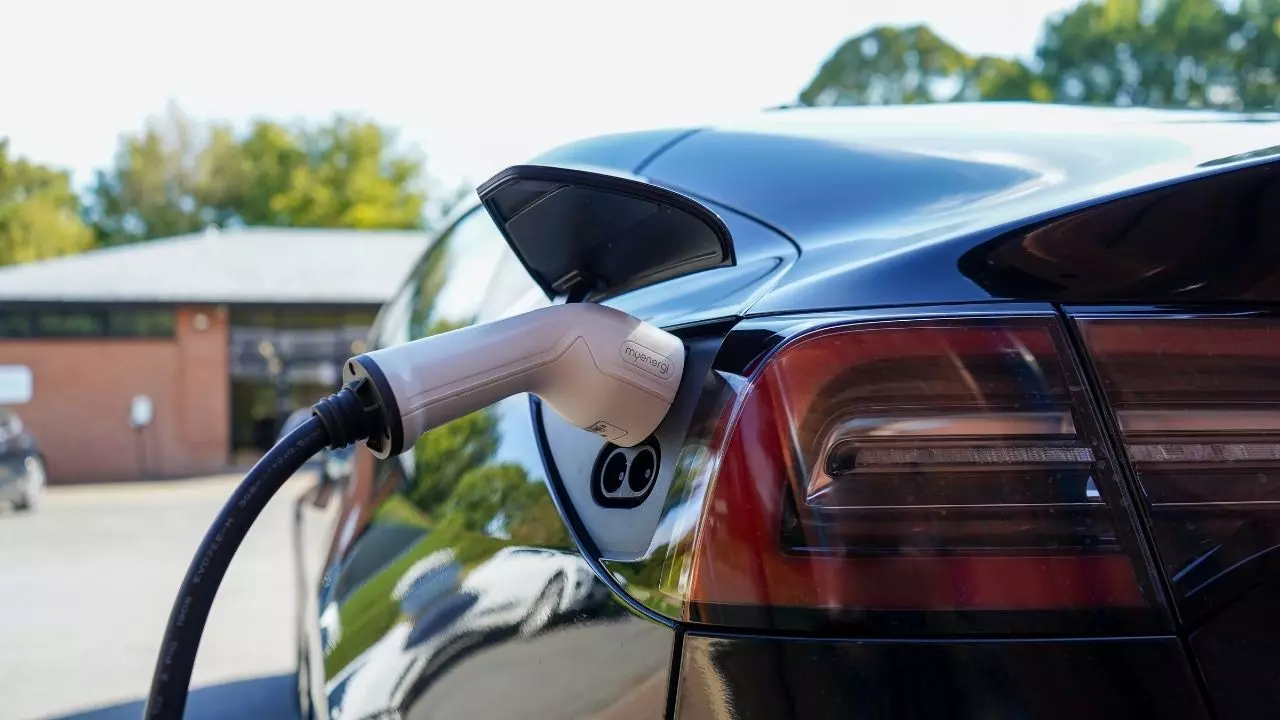
Electric vehicles (EVs) are becoming more and more popular due to their environmental friendliness and low operating costs. However, one of the concerns many potential EV owners have is how long the battery will last and how to maintain it. The truth is that EV batteries degrade over time and use, and there are several factors that can contribute to this process. In this section, we will explore the effects of fast charging on EV battery life and offer some tips for extending the battery’s longevity.
One common question among EV owners is whether fast charging damages or reduces the life of their vehicle’s battery. The answer is yes, fast charging can contribute to battery degradation, but it depends on several factors. Fast charging, also known as quick charging, uses high voltage and current to charge the battery quickly. This process generates heat, which can cause damage to the battery’s cells and reduce its overall lifespan. Moreover, fast charging can increase the number of charge cycles the battery goes through, which can contribute to calendar degradation.
Fast charging can have both short-term and long-term effects on EV battery capacity. In the short term, fast charging can increase the temperature of the battery, reducing its efficiency and range. This is because lithium-ion batteries are sensitive to temperature changes, and high temperatures can cause irreversible damage to the battery’s cells. In the long term, fast charging can contribute to calendar degradation, reducing the battery’s maximum capacity and lifespan.
Can Fast Charging Damage Electric Car Batteries?
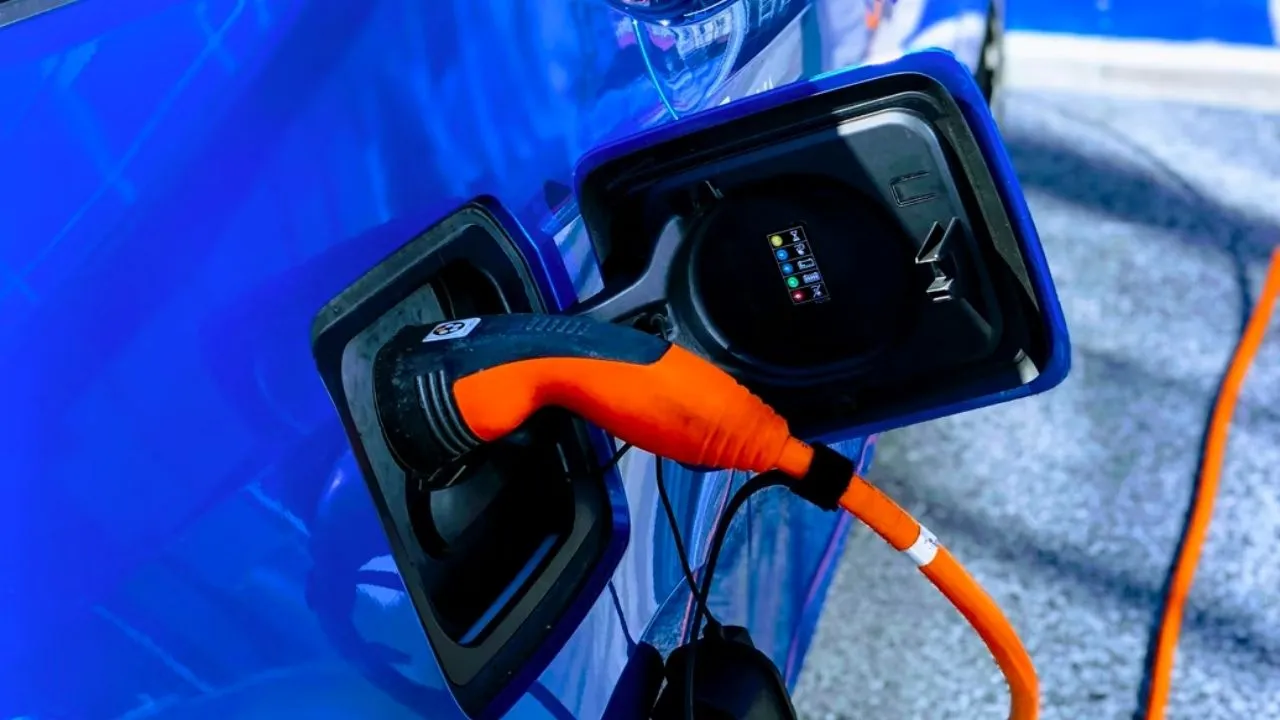
Electric cars are becoming more and more popular as people become more aware of their environmental benefits. One of the biggest concerns that potential buyers have is the impact of fast charging on the battery life of their electric vehicles. So, does fast charge reduce battery life? Let’s find out.
Kia Motors warns that frequent use of DC Fast Charging can negatively impact battery performance and durability. However, a study by the Idaho National Laboratory (INL) concluded that while fast charging can lead to battery capacity decline, the difference is minimal. The INL tested two pairs of Nissan Leaf EVs from the 2012 model year that were driven and charged twice daily. After driving 50,000 miles, the Level 2 cars had lost around 23% of their original battery capacity, while the Level 3 cars were down by around 27%. The difference is only three miles on a charge, which means the impact is minimal.
It’s important to note that the INL’s testing was conducted in extremely hot Phoenix weather, which can inherently take its own toll on battery life, as would the deep charging and discharging necessary to keep the relatively short-range 2012 Leaf running.
The takeaway here is that while DC fast charging may have an effect on an electric car’s battery life, it should be minimal, especially as it’s not a primary charging source. The good news is that most electric car owners don’t have to worry that repeated fast charging during long-distance driving will damage the battery. However, the problem with chronic range depreciation from prolonged high-speed highway cruising remains a damaging shortcoming for electric cars.
Effects of Charging Speed on Battery Capacity
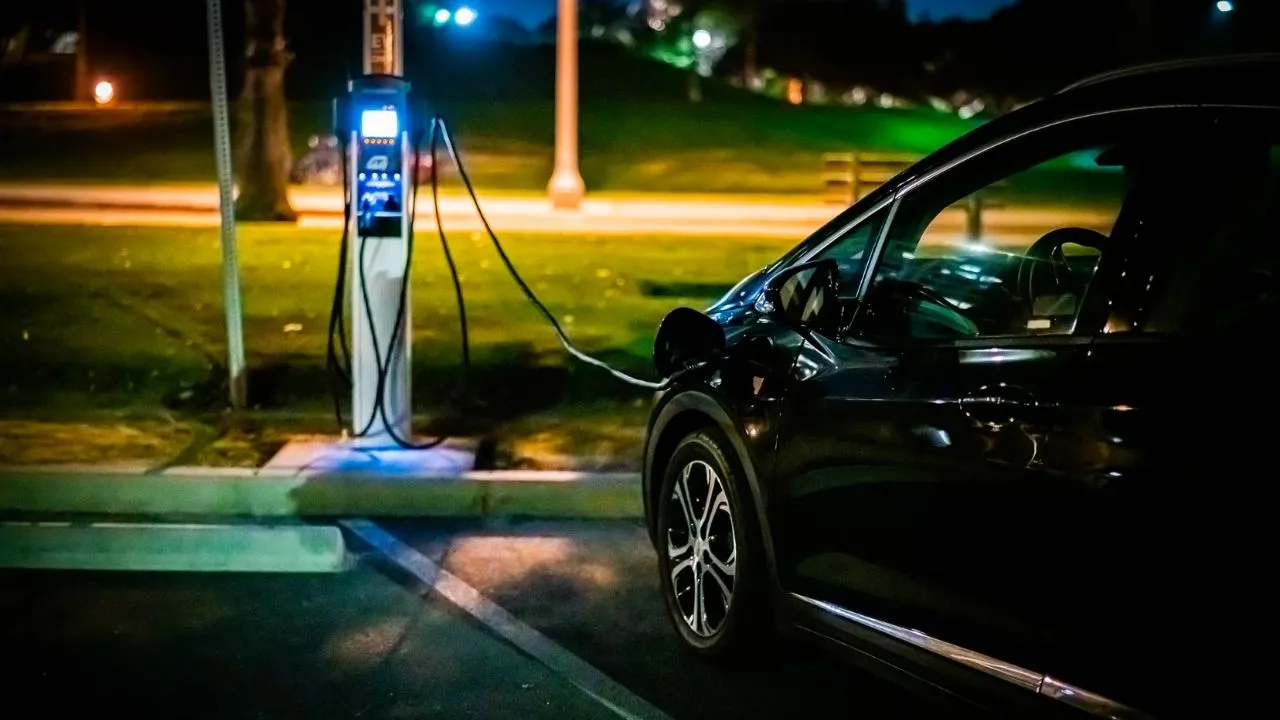
One of the most commonly asked questions about electric vehicles (EVs) is, “does fast charging reduce battery life?” The answer is not straightforward, as it depends on various factors.
DC Fast Charging, also known as Level 3 charging, can bring an EV’s battery up to 80 percent of its capacity in around 30-60 minutes, depending on the vehicle and the outside temperature. While most electric car charging is done at home, DC Fast Charging can come in handy during extended road trips.
However, the fast-charging process can potentially affect the battery’s capacity and longevity. DC Fast Charging uses multiple connector configurations, and most models from Asian automakers use what’s called a CHAdeMO connector, while German and American EVs use the SAE Combo plug. Tesla uses a proprietary connector to access its high-speed Supercharger network, which is limited to its own vehicles.
While home chargers utilize AC current that’s converted to DC power by the vehicle, a Level 3 charger feeds straight DC energy, allowing it to charge the car at a more rapid clip. However, a fast-charging station is in constant communication with the EV to which it’s connected. It monitors the car’s state of charge and delivers only as much power as the vehicle can handle, which varies from one model to another. The station regulates the flow of electricity accordingly so as not to overwhelm the vehicle’s charging system and damage the battery.
Once charging is initiated, and the car’s battery is warmed up, the flow of kilowatts typically increases to the vehicle’s maximum input. The charger will sustain this rate for as long as possible, though it may drop to a more moderate speed if the vehicle tells the charger to slow down so as not to compromise battery life. Once an EV’s battery reaches a certain level of its capacity, usually 80 percent, charging essentially slows to what would then become Level 2 operation. This is known as the DC Fast Charging curve.
While it’s true that fast charging can potentially reduce the battery’s overall capacity and lifespan, it’s important to note that EV manufacturers design their batteries to withstand fast charging. Furthermore, many Level 3 charging stations are equipped with safety features that prevent overcharging and overheating.
To prolong your EV’s battery life, it’s recommended to avoid letting the battery level drop too low before charging, as this can put additional strain on the battery. Additionally, it’s a good idea to use Level 3 charging sparingly and opt for slower Level 2 charging whenever possible. Keeping your EV’s battery at a moderate temperature and avoiding extreme temperatures can also help to maintain battery health.
Exploring the Relationship Between Quick Charging and EV Battery Health
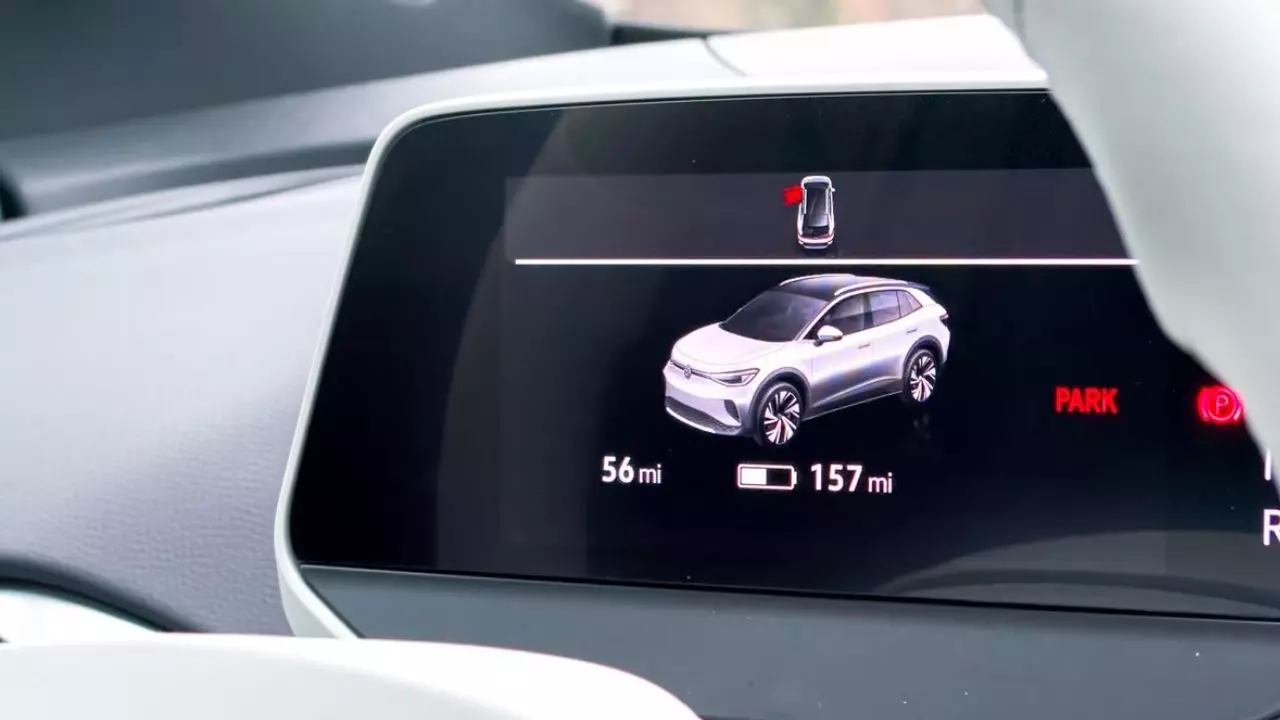
Electric vehicle (EV) owners often wonder if fast charging reduces their vehicle’s battery life. It’s a valid concern, as the battery pack is one of the most expensive components in an EV. In this article, we will explore the relationship between quick charging and EV battery health, answering the question: does fast charging reduce battery life?
According to a study conducted by the U.S. Department of Energy’s Advanced Vehicle Testing Activity, the impact of fast charging on battery health depends on the type of charger used. The study found that using a DC fast charger had a more significant effect on battery performance than using an AC level 2 charger. The vehicles that were charged exclusively by AC level 2 EVSE showed less battery performance degradation than the ones that were exclusively DC fast charged with a 50 kW charger.
The study revealed that battery performance metrics, such as capacity, internal resistance, and power capability, were affected by the charging method used. The vehicles that were fast charged with a DC charger experienced higher internal resistance and lower capacity compared to the ones that were charged with an AC level 2 charger.
However, the study also showed that the impact of fast charging on vehicle performance was minimal. The vehicles that were DC fast charged showed no significant difference in acceleration, top speed, or driving range compared to the ones charged with an AC level 2 charger.
Therefore, it can be concluded that fast charging, specifically DC fast charging, may have a negative impact on EV battery health, but it does not significantly affect the overall performance of the vehicle.
If you want to ensure the longevity of your EV battery, it is recommended to follow EV charging best practices for battery longevity. These practices include avoiding charging your battery to 100%, charging it to 80% instead, and avoiding exposing your battery to high temperatures. Also, it is recommended to charge your EV regularly, but not to rely solely on fast charging.
Conclusion
In conclusion, fast charging can have an impact on the overall health and longevity of your electric vehicle battery. While it may be convenient to use fast chargers for quick top-ups, it is important to be mindful of the frequency and intensity of use. Excessive fast charging can lead to increased battery degradation and reduced capacity over time.
To minimize the negative effects of fast charging on your electric car battery, it is recommended to follow some best practices such as avoiding charging your battery to 100% capacity and keeping it within a range of 20-80%, using level 2 chargers instead of DC fast chargers whenever possible, and avoiding exposing your battery to extreme temperatures.
By adopting these simple tips, you can ensure that your electric car battery remains healthy and retains its capacity over time, thus maximizing the lifespan of your investment. Ultimately, taking good care of your electric car battery will not only save you money in the long run but also help to reduce your carbon footprint and contribute to a cleaner and more sustainable future.
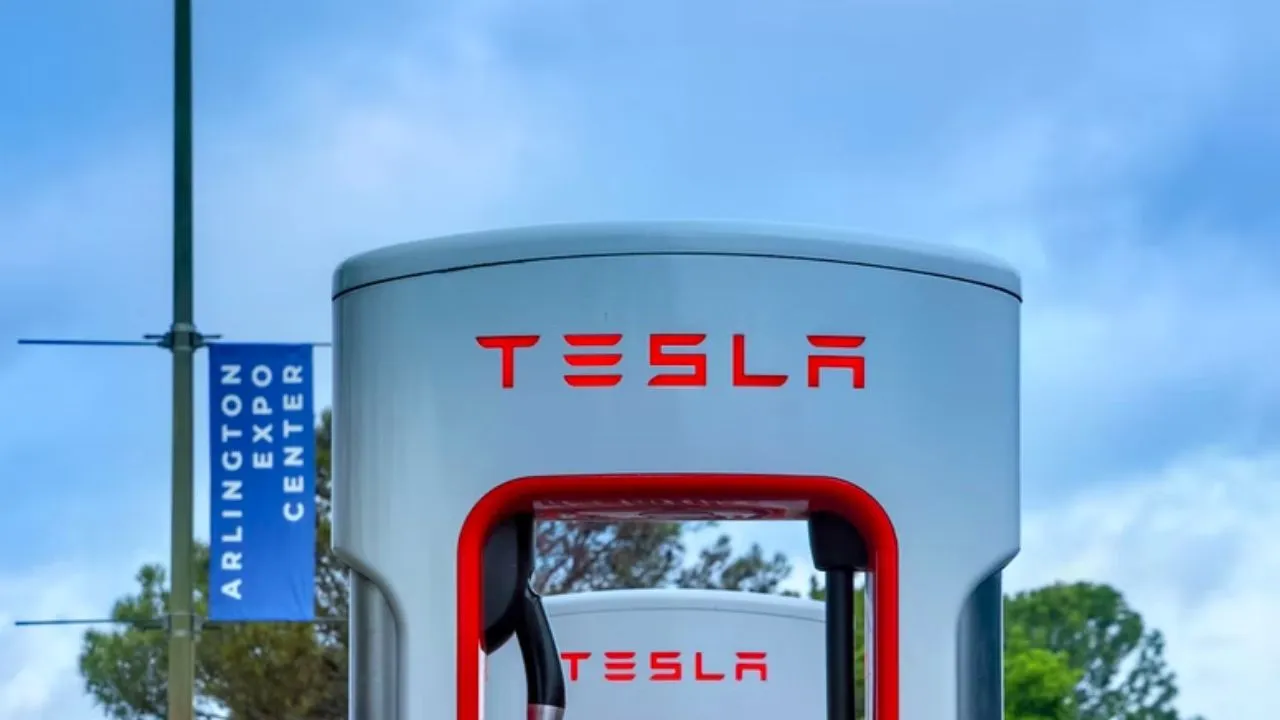
It looks like all new ev batteries have its registration number related to the first owner and that new number on the battery too the cars reg.